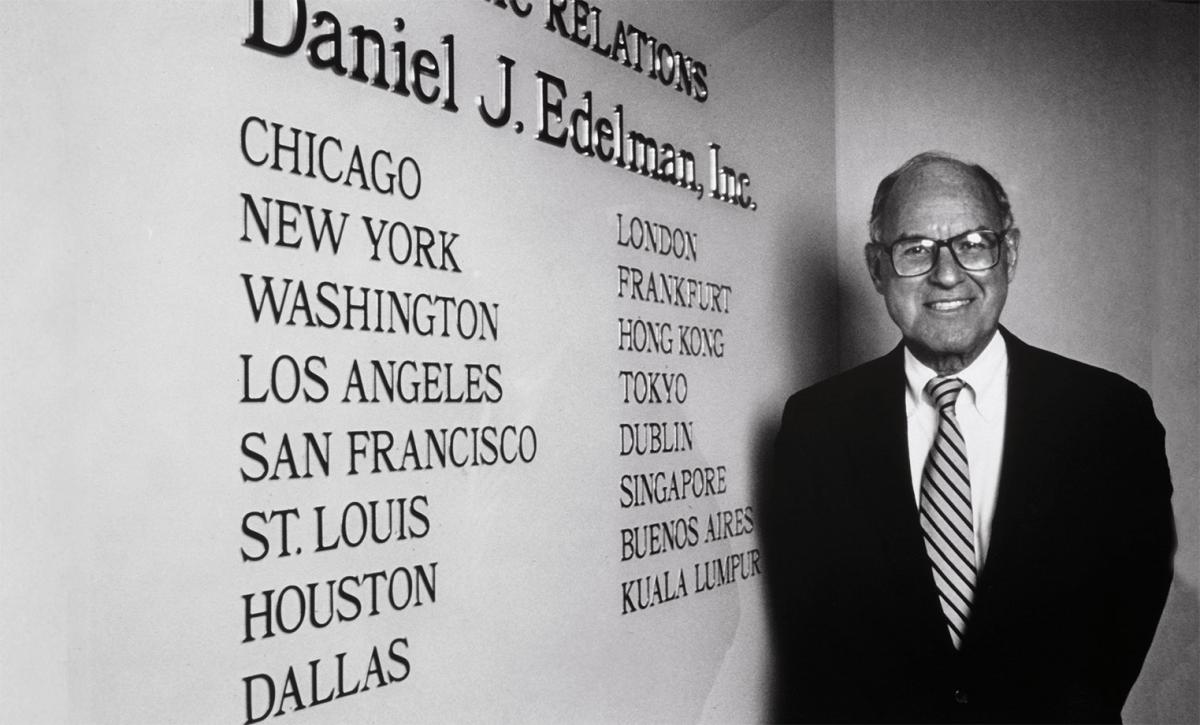Wednesday October 30th, 2024: Today, Edelman Ireland announces Darragh Rea as CEO and General Manager.
Darragh, previously Managing Director of Brand, Digital & Creative will oversee the Ireland business based in Dublin following the departure of Joe Carmody who transitioned to Edelman UK as Chief Operating Officer last month. Darragh takes on the position effective immediately and reports to Jon Hughes, EMEA Chief Operating Officer.
Darragh joined Edelman Ireland in 2013 and in that time he has built highly successful teams integrating strategy, creative, and digital, delivering award-winning campaigns for clients, including "Xylem, SSE, Coca-Cola, Promise Gluten Free, Deep RiverRock, Jacobs Irish Distillers Pernod Ricard, Unilever and Mars. Darragh has held multiple leadership roles to support the company’s growth, including serving as Interim MD of Brand in Amsterdam.
Beyond Edelman Darragh has been a long-standing judge of the All Ireland Marketing Awards, the Effie Awards and IAPI Female Futures Fund. Darragh also was an Independent Director of Triathlon Ireland for eight years and is a former Council Member of the Marketing Society of Ireland.
On his appointment Jon Hughes commented, “Darragh has been an integral part of our Ireland business for over a decade, a time where we have seen the firm go from strength to strength. He is a trusted advisor whose invaluable insight and counsel has helped clients both in Ireland and around the world achieve transformative results, whilst building high performing teams who’ve created impactful, meaningful and award-winning campaigns. I am truly excited to partner with Darragh on the next phase of Ireland’s very promising future.”
Supporting Darragh in his new role is Managing Director - Corporate Reputation Piaras Kelly who takes on a greater leadership position within the firm, as well as Niamh Garvey - Executive Director International Health, David Callaghan - Executive Director B2B, Emma Williams and Jennifer Hyland who are both promoted to - Executive Directors and Co-leads of Edelman Ireland Earned overseeing brand, digital and creative and Deirdre Connolly who is promoted to Senior Director.
On the recent announcements, Darragh added, “It’s an honour to lead Edelman Ireland into its next chapter. We’ve built something exceptional here, strengthening our expertise in the market while expanding our global reach through the wider Edelman network. The opportunities ahead are boundless, and I’m incredibly excited to lead such a talented and genuinely wonderful team.”






